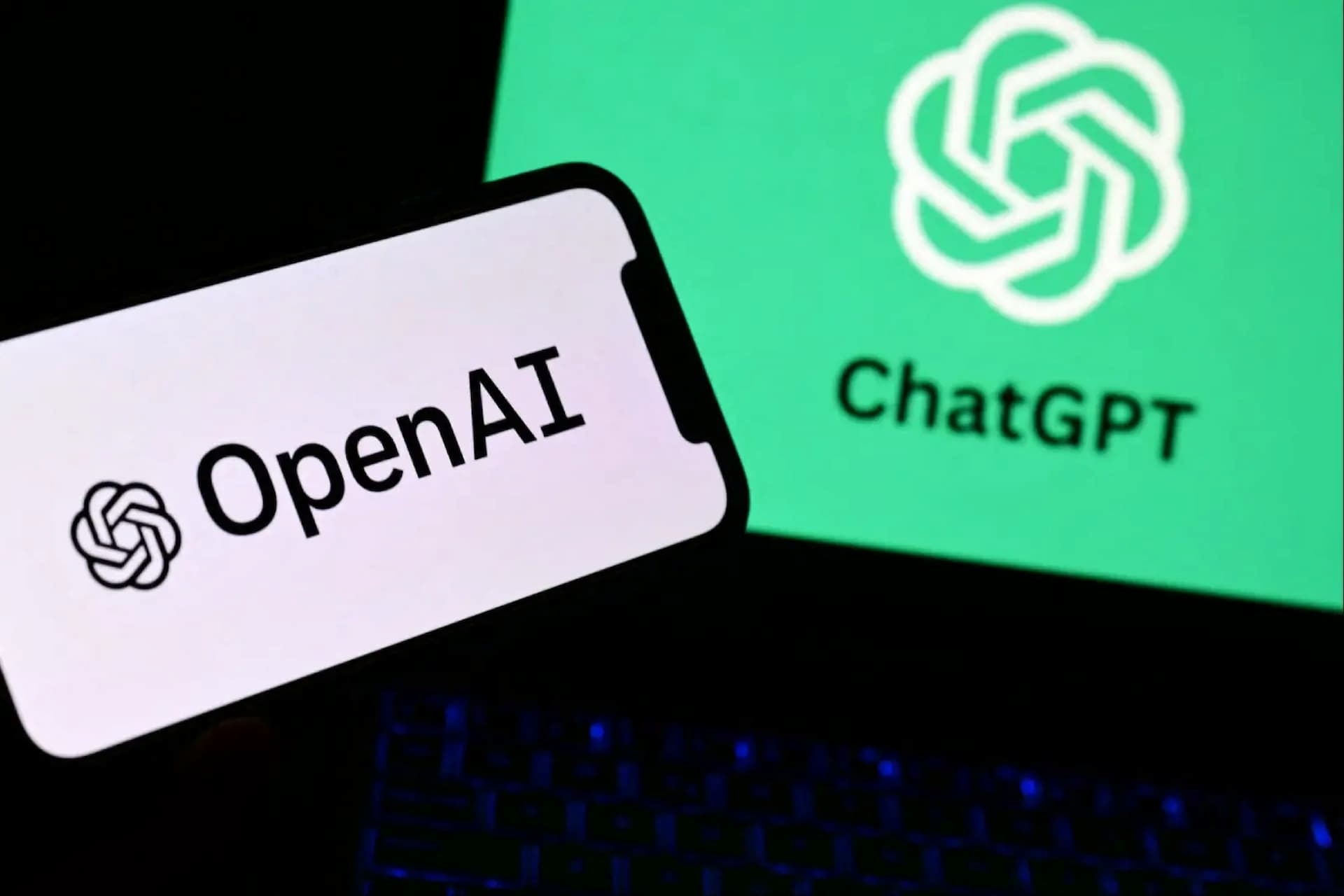UNESCO and UNDP have partnered to enhance judicial capacity on the ethical use of AI. A three-day Bangkok training, supported by the Thailand Institute of Justice, brought together 27 judges from 13 Asia-Pacific countries to discuss the impact of AI on justice and safeguards for fairness.
Expert sessions highlighted the global use of AI in court administration, research, and case management, emphasising opportunities and risks. Participants explored ways to use AI ethically while protecting human rights and judicial integrity, warning that unsupervised tools could increase bias and undermine public trust.
Trainers emphasised that AI must be implemented with careful attention to bias, transparency, and structural inequalities.
Judges reflected on the growing complexity of verifying evidence in the age of generative AI and deepfakes, and acknowledged that responsible AI can improve access to justice, support case reviews, and free time for substantive decision-making.
The initiative concluded with a consensus that AI adoption in courts should be guided by governance, transparency, and ongoing dialogue. The UNDP will continue to collaborate in advancing ethical, human rights-focused AI in regional judiciaries.
Would you like to learn more about AI, tech and digital diplomacy? If so, ask our Diplo chatbot!










